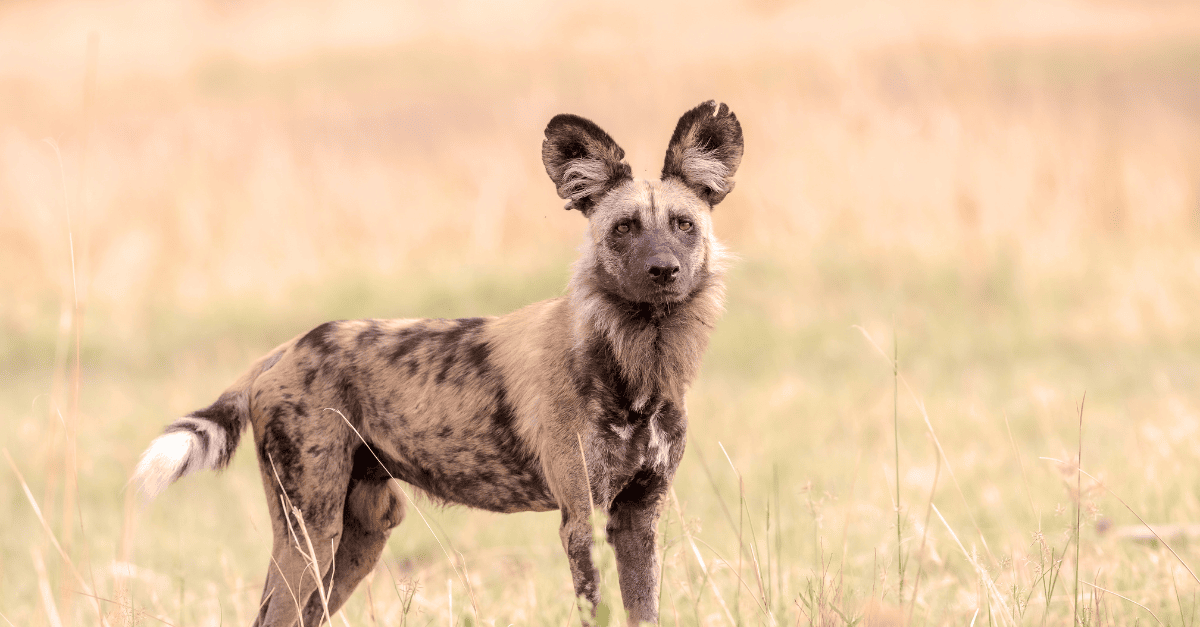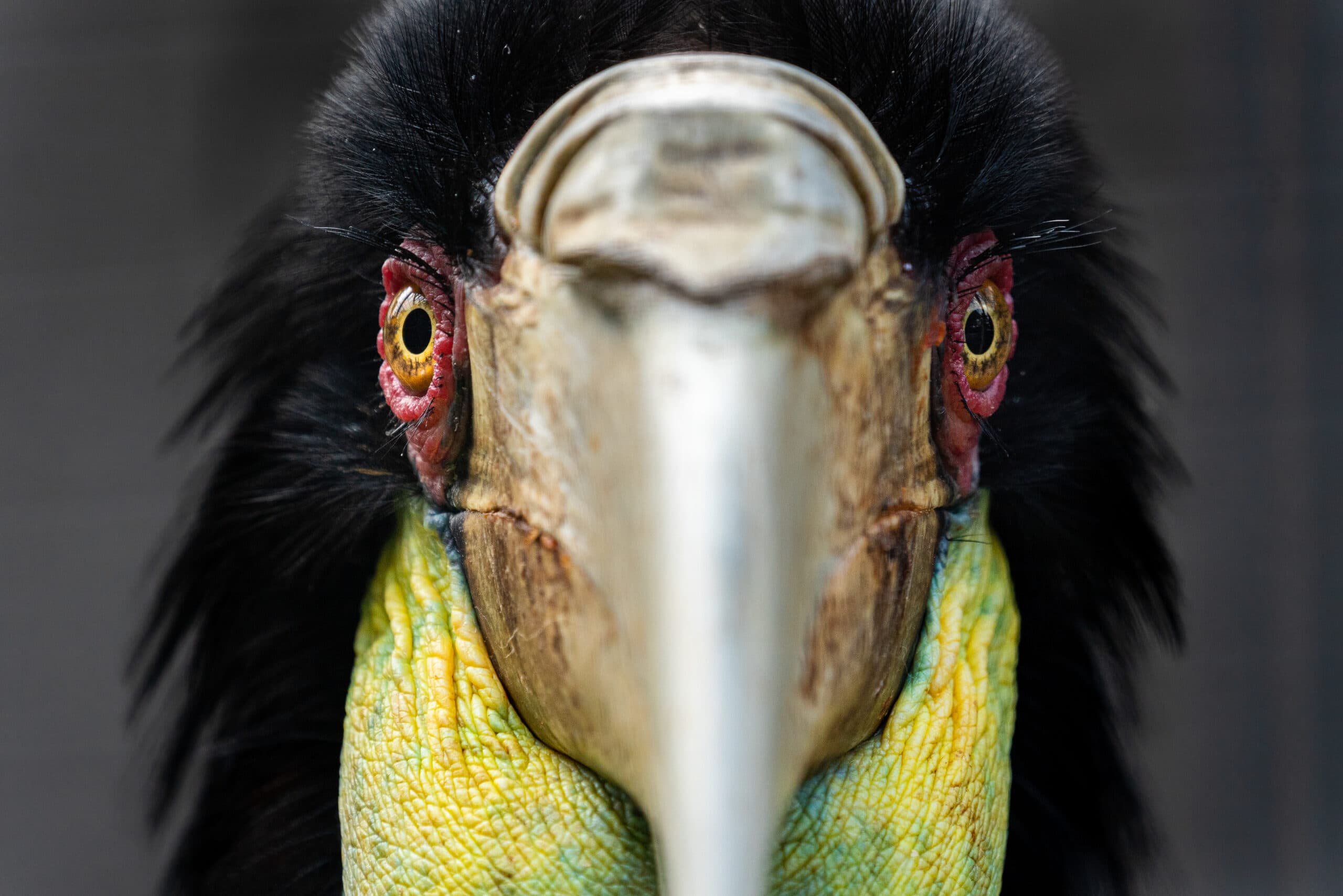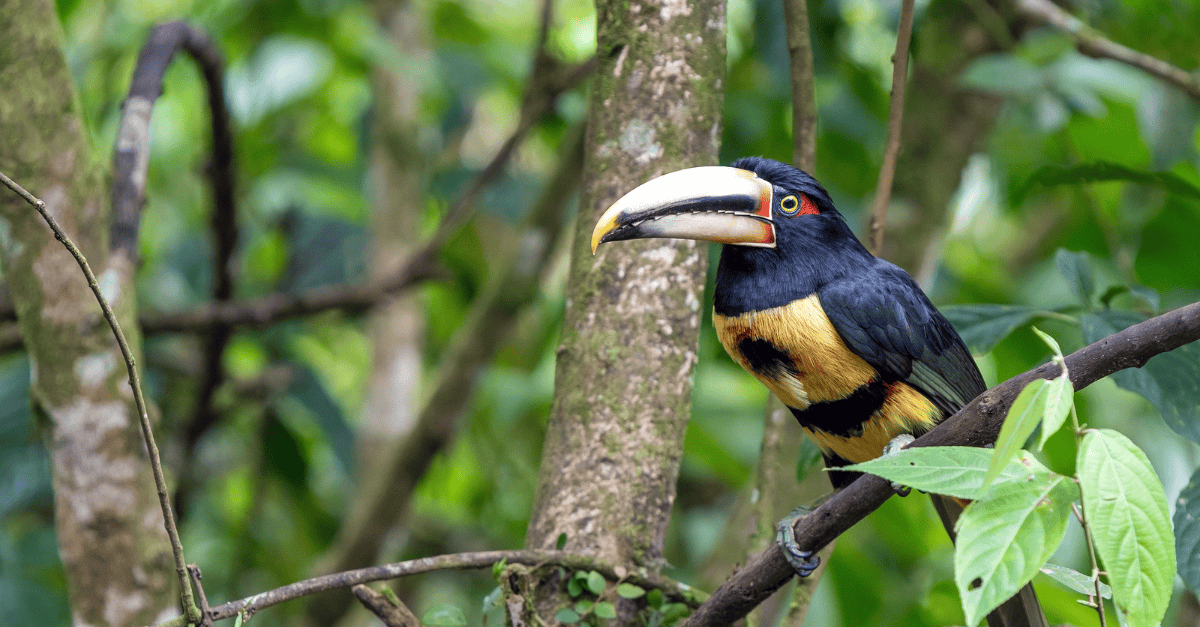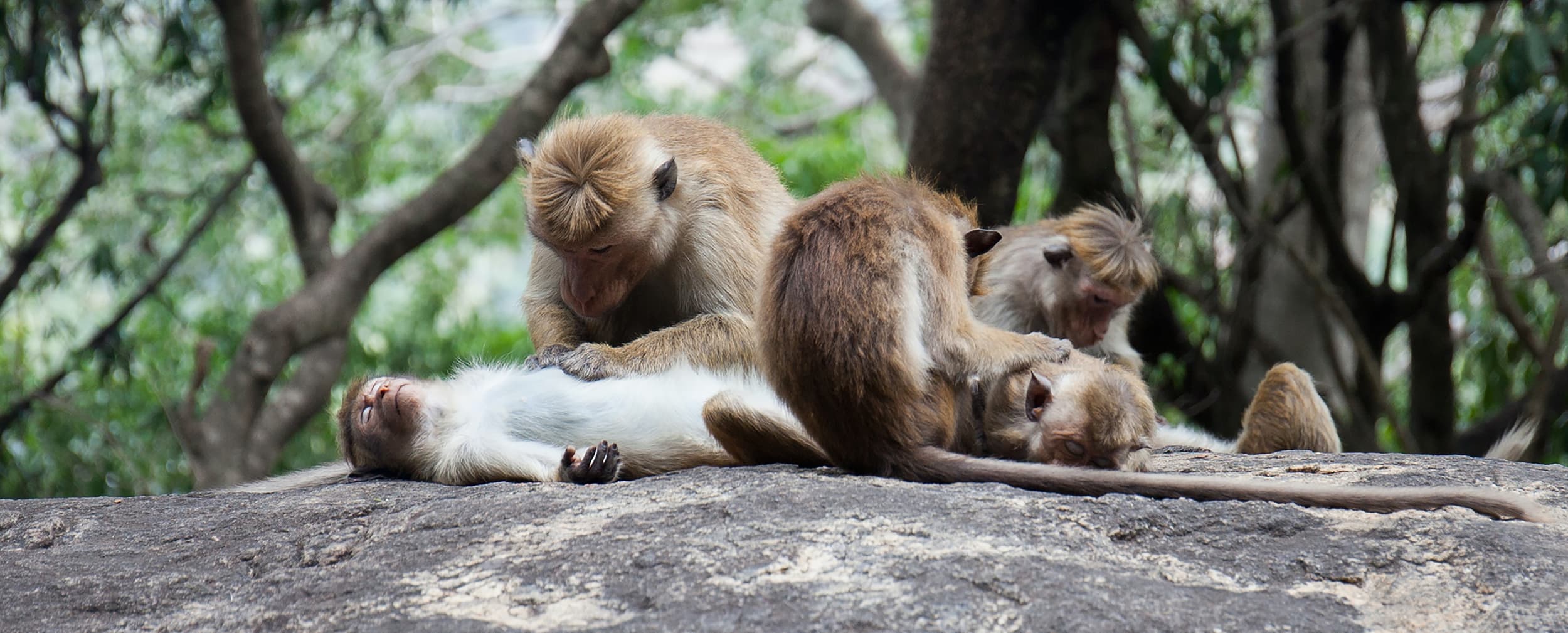Animal welfare gained further recognition in global policy discussions at the 79th session of the United Nations General Assembly (UNGA). During this session, all 193 Member States considered key issues raised at the Conferences of the Parties of the three Rio Conventions and Regional Forums throughout 2023-24. One of the most critical discussions focused on the Convention on Biological Diversity (CBD), which became a prominent topic during discussions in UNGA’s Second Committee, which focuses on economic and financial matters related to sustainable development, following the broader debates at the UNGA plenary.
Wildlife and ecosystems: Emerging themes in CBD discussions
Throughout the negotiation process of the CBD resolution within the Second Committee, discussions highlighted the role of wildlife and ecosystems in maintaining natural carbon sinks and their connection to climate resilience, biodiversity protection, and sustainable development. Member States explored the importance of protecting wildlife to sustain carbon sequestration capacity, as highlighted in the Kunming-Montreal Global Biodiversity Framework.
Consideration was given to the integration of animal welfare principles into the resolution as necessary to address biodiversity loss and zoonotic disease prevention. These discussions align with insights from the 2019 IPBES Global Assessment Report and other scientific findings. Additionally, efforts were made to highlight how the integration of animal welfare values into policies, plans, and cross-sectoral programs reinforces the interconnectedness of biodiversity, climate adaptation, and human health.
Although these ideas were part of the discussions and drafts, they were not ultimately included in the final resolution. However, their presence in high-level negotiations signals a positive step in recognising the link between animal welfare and broader sustainability goals.
The session also underscored the increasing prominence of the One Health approach, which emphasises the interconnectedness of human, animal, and environmental health. Reports such as “Preventing the Next Pandemic” by UNEP and ILRI contributed to the understanding of the role of addressing industrial livestock production and wildlife trade in biodiversity conservation and public health.
As the UNGA and its bodies continue to align with global sustainability frameworks, the upcoming 80th session offers a renewed opportunity to champion animal welfare, carbon sink protection, and One Health integration. Incorporating biodiversity considerations into policies and protecting ecosystems is crucial to achieving the Paris Agreement’s net-zero emissions goals and maintaining nature’s contributions to people.
Here’s to UNGA80 and the continued fight for better animal welfare globally.





